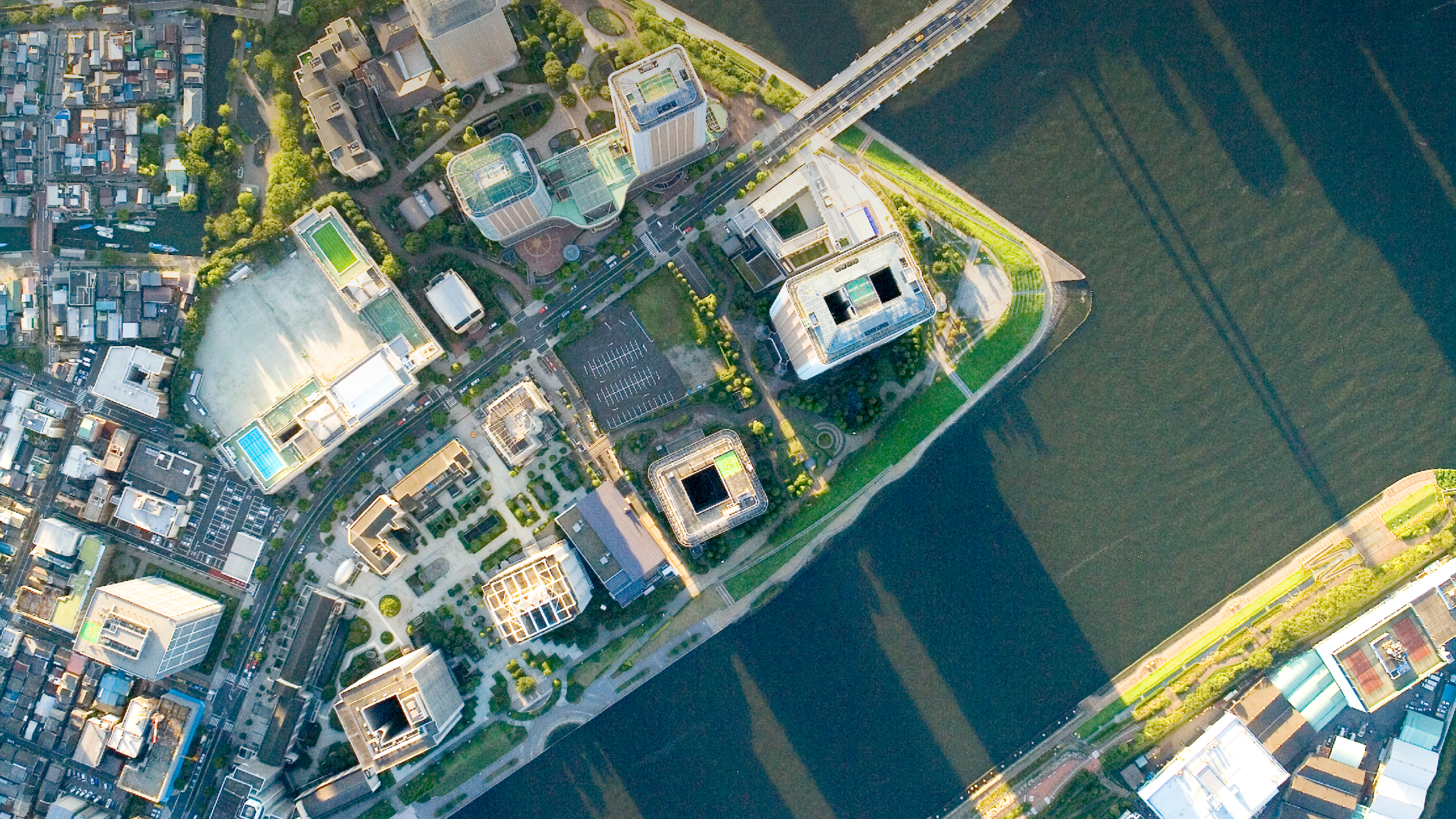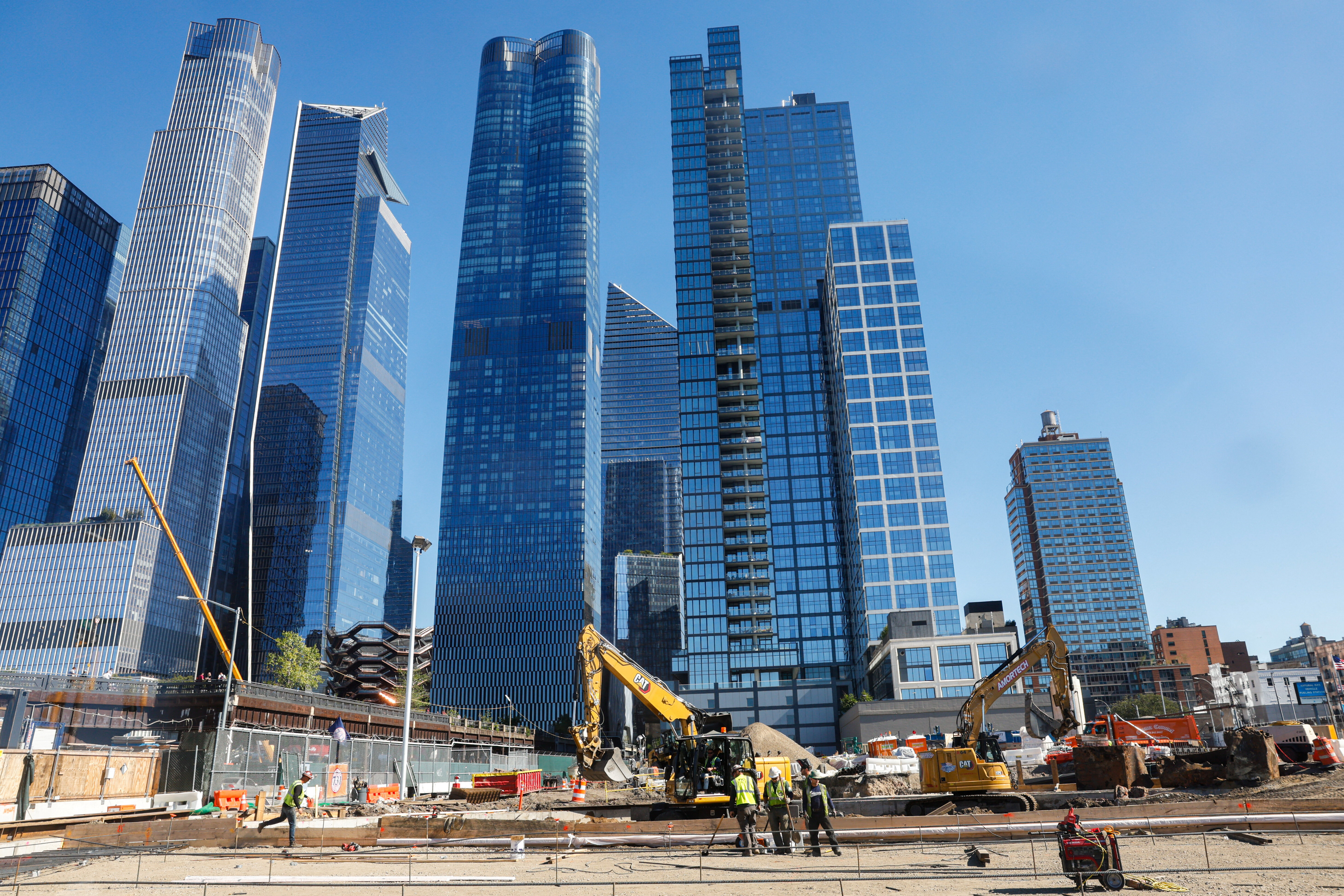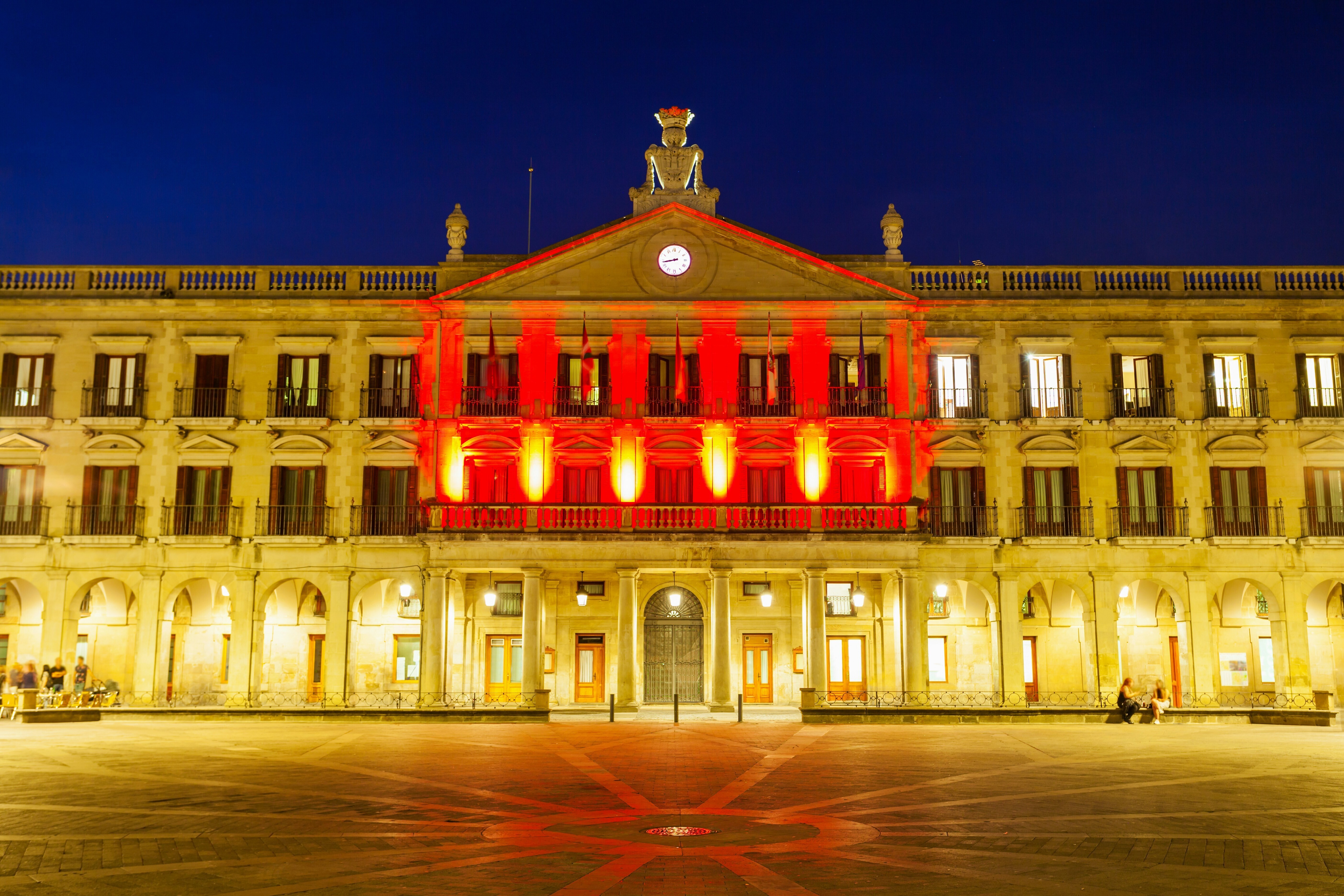Over half of us live in cities, so which is the safest?

These are the world's safest cities. Image: REUTERS/Gary Hershorn
Conflict and security is a key topic at the World Economic Forum's Annual Meeting 2017. Watch the Investing in Peace session here.
Most people in the world live in cities, so safety is a priority for picking which one to live in.
According to the Economist Intelligence Unit, which compiled a report on city safety, around 82% of people in North America live in cities.
The EIU measure cities against 40 indicators split across four themes – digital security, health security, infrastructure safety and personal safety – to get a final score out of 100.
Out of 50 surveyed, 15 came out on top, with Asia dominating the top three.
Here they are:
15. Barcelona – 75.16: Three years ago the Barcelona city council decided to increase the police presence on the streets and in the subway. The strategy has yielded results, with crime falling by 32%.
14. Montreal – 75.6: The Canadian city ranks fourth in the world for its business environment and eighth for food security, according to the EIU, making it one of the safest places in the world to live.
13. Taipei – 76.51: Taipei might come 13th for overall safety but ranks as high as fourth in the world for the personal safety of its citizens.
12. San Francisco – 76.63: In 2014, San Francisco installed a chief resilience officer responsible for overseeing everything from population density to migration and climate change.
11. Hong Kong – 77.24: Hong Kong ranks in the top five places in the world for cyber safety, helping to boost its overall ranking.
10. New York – 78.06: The US financial capital ranks second in the world for health security, meaning it's well prepared for any disease outbreak.
9. Melbourne – 78.67: The Australian city of Melbourne is one of the best places in the world for infrastructure safety, minimising road and rail accidents.
8. Toronto – 78.81: Toronto comes out as the best city in the world to live in when five rankings, including cost of living and business environment, are taken into account.
7. Zurich – 78.84: The Swiss city ranks number one for both infrastructure and health security, boosting its overall safety position.
6. Sydney – 78.91: Sydney pips Melbourne to a spot in the top six, buoyed by a high ranking for infrastructure safety. Sydney came third in a world for secure transport.
5. Amsterdam – 79.19: The Dutch city of Amsterdam is one of the smallest to appear in the top ranking, with a population of fewer than 800,000 people.
4. Stockholm – 80.02: The Swedish capital is the only European city to appear in the top 10 cities for cyber safety, the rest being from Asia and America.
3. Osaka – 82.36: While the Japanese city of Osaka rates highly for personal safety, coming in at number two worldwide, it falls short for cyber security, coming in fifth place.
2. Singapore – 84.61: The city state of Singapore comes top for personal safety and business environment, but just misses out on pole position overall.
1. Tokyo – 85.63: The world’s most populous city is also the safest in the EIU's index. With a population of 38 million, Tokyo isn't cheap but it is safe.
Don't miss any update on this topic
Create a free account and access your personalized content collection with our latest publications and analyses.
License and Republishing
World Economic Forum articles may be republished in accordance with the Creative Commons Attribution-NonCommercial-NoDerivatives 4.0 International Public License, and in accordance with our Terms of Use.
The views expressed in this article are those of the author alone and not the World Economic Forum.
Stay up to date:
Infrastructure
Forum Stories newsletter
Bringing you weekly curated insights and analysis on the global issues that matter.







